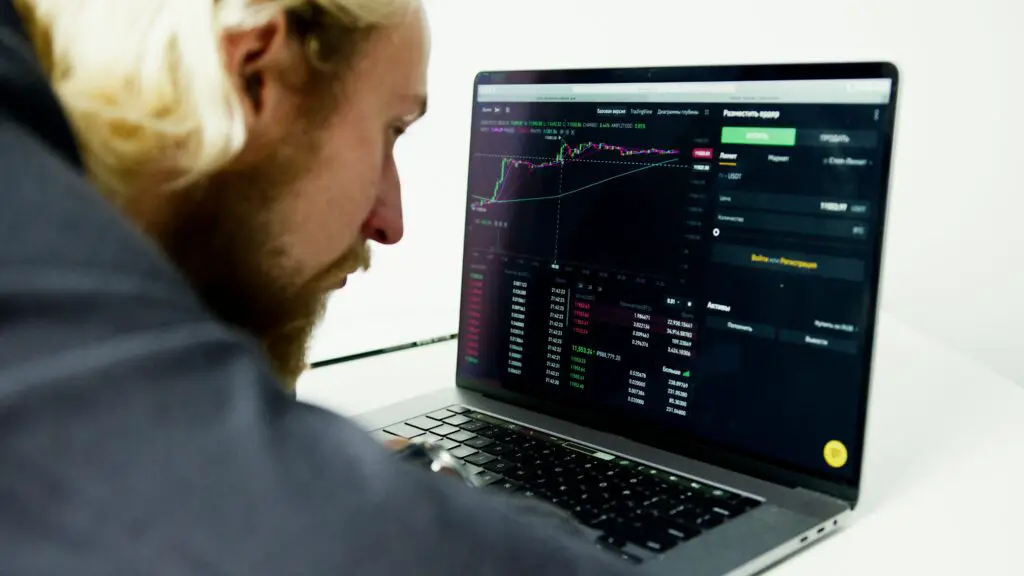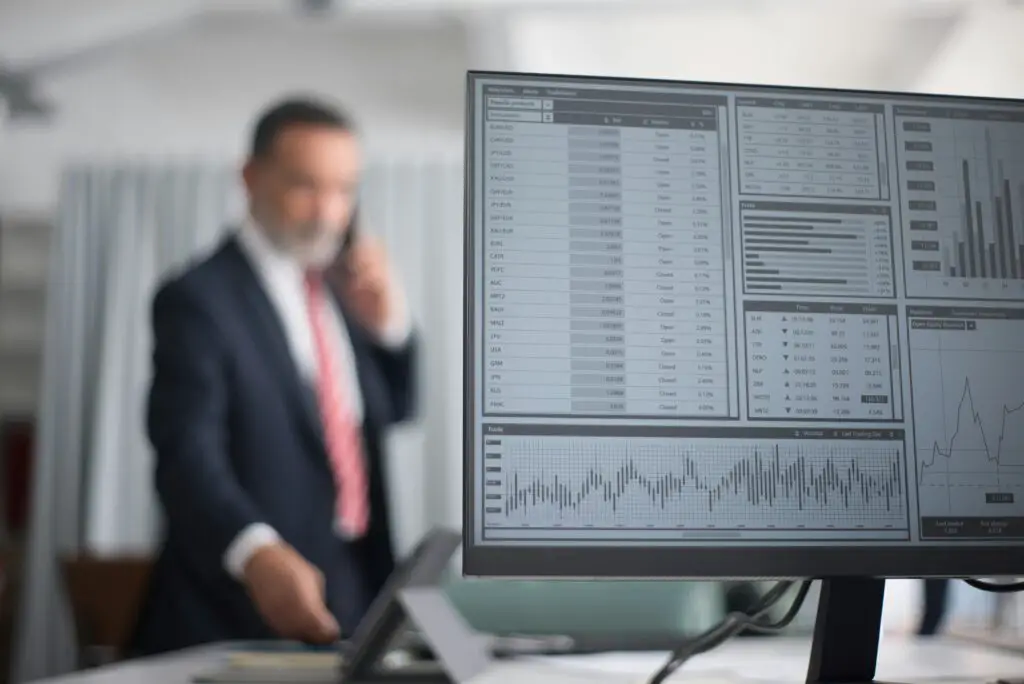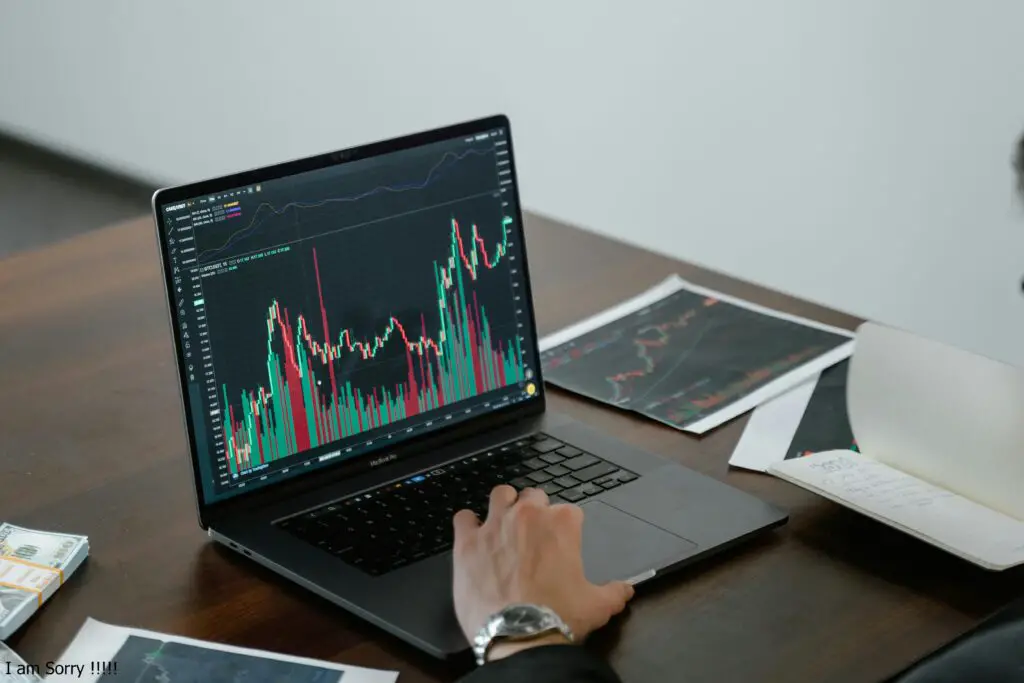Currency changes are significant in business and trade with other countries. They are business deals that help buyers and companies deal with the risk of losing money against other currencies. We will talk about currency swaps, how they work, and their pros and cons in simple language without using complex financial words.

What You Need to Know About Currency Swaps
When two people agree to trade interest and capital payments in different currencies, this is called a currency swap. , It’s a way for companies to get the foreign currency cash they need without buying or selling that currency on the spot market.
Why Would You Trade Money?
Buyers and sellers use dollar swaps for several reasons, including:
Currency Risk: Firms that do business worldwide often have to deal with the risk that currencies will lose or gain value. If an American company does business in Europe, it might get paid in euros. There will be less money for the Company if the euro’s value drops against the dollar. If you change the currency, this risk will go down.
Lower interest rates: A company can sometimes borrow money in a different currency for less. A currency switch can be used to take advantage of a country’s lower interest rates. They can still handle their foreign exchange risk this way.
Sometimes, when a business owes money, it checks to see if the currency of its bills fits the currency of its income. In this way, they can keep their cash steady and not lose money when the exchange rate changes.
How Money Rates Work
Let’s use a simple case to show how a currency swap works.
Company A is in the U.S., and Company B is in the U.K. Company A has to pay British pounds (GBP) to run its business in the U.K., but Company B has to pay U.S. dollars to do the same.
This kind of swap could be used in these ways:
Accept the Terms: Company A and Company B agree to trade $10 million in USD for the same amount in GBP today. Also, they decide to trade these amounts back at a particular time, like in five years.
Exchange Principal: When the swap starts, Company A gives Company B $10 million, and Company B gives Company A the same amount in British pounds, say £7.5 million (since 1 USD equals 0.75 GBP).
Fixed Interest Payments: Both companies trade interest payments during the swap’s life. In USD, Company B will pay interest to Company A. In GBP, Company A will pay interest to Company B. This interest is based on the rates that were agreed upon for each coin.

Last Trade of Principal: When the five-year swap period ends, businesses will trade back the principal amounts. Company A gives £7.5 million back to Company B, and Company B offers $10 million back to Company A.
Trades in Different Types of Money
There are two main kinds of cash swaps: fixed for fixed and fixed for flexible.
Set for Fixed Currency Swaps: Both sides agree to pay exchange rates put ahead of time. Both companies know how much interest they will pay and how much they will get over the swap’s life.
One person pays an interest rate that does not change, and the other pays an interest rate that does change. This swap is more challenging to understand but gives you choices if interest rates change.
Cash changes have some excellent points.
Currency changes are helpful in many ways:
Controlling risk: Companies can stay safe from the danger of changes in currency values, which will help their cash flows remain steady.
Cost savings: When a business borrows money from foreign markets with lower interest rates, it pays less.
Better planning for money: Businesses can keep their money stable by ensuring equal currency assets and duties.
Currency swaps are flexible because the amounts, terms, and interest rates can be changed to meet the needs of the business.
There are risks when you trade money.
Foreign changes have a lot of good points, but they also have some bad points:
It is always possible that the other person in the swap will not do what they agreed to do. This is called counterparty risk. The party that is staying strong might lose money because of this.
Complexity: Currency swaps are sometimes tricky money-making tools you need to know how to use and handle well.
Risks related to regulations: If the rules about currency swaps change, how they are done and what the terms are could change. This could cause costs or obligations that should have been planned for.

Changes in Money in Real Life
In real life, this is how cash swaps work. Let us look at a few examples.
Company A and Company B: Company B is British, and Company A is American, as we already said. They do a cash swap to get the GBP and USD cash. They can each trade currencies to fund their businesses in a different country without taking on any exchange risk.
Bank and Business Client: A bank in the U.S. and a business client in Europe can switch currencies. The bank might need euros to run its business in Europe. On the other hand, the business client might need U.S. dollars to buy raw goods. A currency swap lets two people meet their financial goals and lower their currency risk simultaneously.
What You Need to Do to Do a Currency Swap
To make a financial swap, you need to do a few things:
Figure out what you need: Why you want to change countries. This could be done to save money on interest rates, deal with currency risk, or ensure that assets and bills are all in the same currency.
Find a Counterparty: Look for a party ready to trade with you. This could be one more business like a bank or another financial office.
Talk about the terms of the switch. Agree on the loan amount, interest rate, payment plan, and loan length.
Take notes on the deal: Write down the terms and conditions of the swap on official paper and have everyone sign it.
Principal and Interest Exchange: To finish the swap, trade the principal amounts and make regular interest payments as agreed.
Listen to the Swap: Listen to the swap often to ensure that both sides do what they should and adapt to market changes.
That being said
They help people and companies deal with currency risk, keep interest rates low, and ensure that all their assets and debts are in the same currency. They have many good things but must be careful about the risks. If businesses know how foreign swaps work and their pros and cons, they can make educated choices to help their finances.
Currency swaps may seem complex initially, but studying and planning can lower your financial risk and improve your business in other countries. Currency swaps can help your business make money, whether a small business in one country or a big company that does business worldwide.

